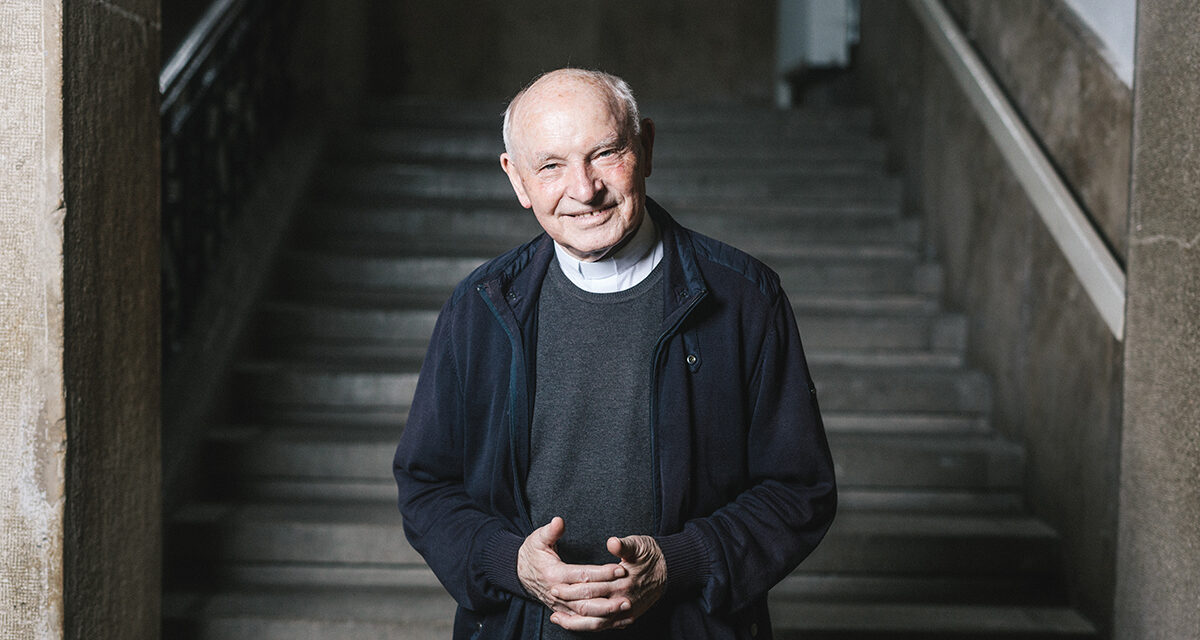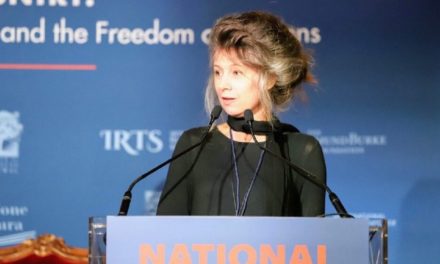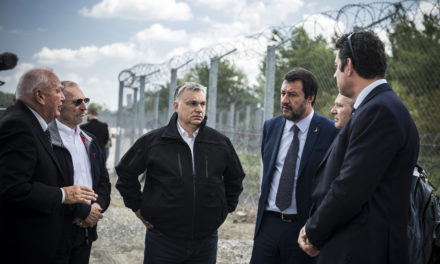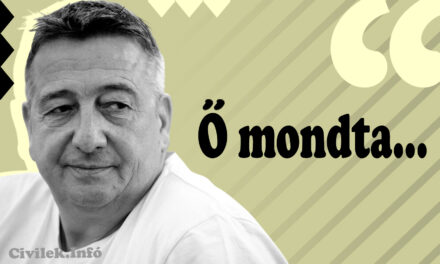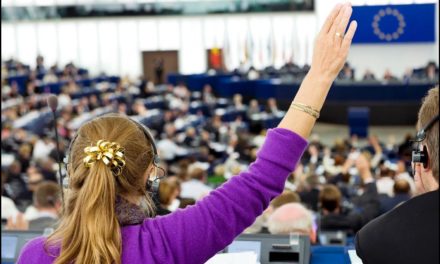I am very worried. Denial of God, which is about forgetting the past - if not completely erasing it - and what we now call progress in a fashionable word, increasingly defines our everyday thinking, says Father Imre Kozma. Interview.
The founder of the Hungarian Maltese Charity Service, which turns thirty-five this year, also spoke about the war, the amnesty case and Easter.
It is disgraceful that almost the whole world sided with the war, he said earlier. Isn't it morally appropriate to side with the attacked party?
The best answer to this question was given by the Hungarian Prime Minister at the first moment, when he said: this is a fratricidal war. I would like to add something to this. The spiritual center of Rus, i.e. the great Russian spirit, has always been Kiev. In Vladimir Putin's place, I would have tried to restore this, unfortunately he chose a different path.
The armed solution. And the Ukrainians are resisting.
I try to follow the path of Jesus, and to judge such sharp questions through the lens he gave me. I think evil can only be overcome with good, a real solution cannot be achieved by fighting. I mentioned in a previous interview: in order to make peace, you have to get to the point as soon as possible, so that you can even lose. There is no greater stake than peace!
The essence of fasting is to release the power of the soul and to know God's will"
Pope Francis has already said this, which the Ukrainians did not like.
However, it is necessary to weigh what I am ready to lose for the sake of peace. Of course, both sides want to win, but sooner or later you have to admit that it is not possible. Hearing more and more about the effectiveness and firepower of weapons, this is what both sides voted for, which I consider anti-life and anti-human. For me, therefore, only the Hungarian answer is acceptable: if it may not be resolved, such situations can only be dealt with in the spirit of peace. It fills me with sadness that this is currently a minority position. However, without this skill, we cannot hope for a better world.
Some interpret the Hungarian position as a confrontation with the West, and even with the decision made by St. Stephen. What do you think about this?
We often forget it: our founding king was the only one in Europe who built his country on the values of the redeemed world. In this sense, he was not only an apostolic king, but also an apostle himself, which II. Pope Sylvester also expressed it. XVI. And Pope Benedict, referring to the legacy of our first king, sent this message at the Roman celebration of the nine hundredth anniversary of the approval of the Sovereign Order of Malta - where I was able to greet him - "Take care of the legacy of St. István!" And he also gave his interpretation: Saint István assumed responsibility for his nation before God.
What is this legacy?
On the one hand, it is the apostolic mission, which refers to faith in God, and the other element is St. István's responsibility to God for Hungarianness. So I can only look at the raised question from this point of view. Decades ago, at a conference in Paris, a French historian, who even learned Hungarian out of respect for our first king, said: the future of the Carpathian basin can only be solved in the spirit of Saint Stephen. I appreciate the 2011 constitution a lot because it laid down the same spiritual foundations as King István. Our Constitution brought back truth and hope by embodying the idea of federalism. And he interprets the relationship between the East and the West in the same spirit as Saint István did. What fortitude and wisdom was needed to make the sovereign decision that still affects today, in the spirit of Cluny, which shook Christian Europe, with an Orthodox mother and a Germanic wife by his side! In fact, he avoided the trap of being forced to choose and answer. In a sense, Viktor Orbán also connected the East and the West, which many people view with distaste. We got to the point - according to historians - that the Carpathian Basin, Hungarians, were the western bastion, and later we defended Christian Europe. What a curve it is! Historical time cannot be compared to our human life, but I think the country's leadership clearly sees that uncritical worship of the West cannot permeate everything, and Eastern heritage must also be dealt with.
Decades of militant atheism have done Central and Eastern Europe a "good service": in the countries of this region, we cling more to the European heritage, he told Mandiner in 2020. According to the latest statistics, the rate of religiosity has declined in Poland and in our country as well. What could be the reason?
I am very worried. Denial of God, which is about forgetting the past - if not completely erasing it - and what we now call progress in a fashionable word, increasingly defines our everyday thinking. Unfortunately, this is also true for our region. This is the cancer of our time. Against this, the heritage that is the pledge of our survival must be brought back into the life of society. The leadership responsible for our nation is also aware of it, but the western currents - with the strong contribution of some - are also affecting us. It is customary to speak disparagingly of the so-called popular religiosity, but it did have staying power in the past centuries. But it was also defeated. Let's not compare the faith of those who refer to faith today with the faith of those who once became churchgoers, even through the message of the frescoes of the churches or the Biblia pauperum.
The destructive Western message came to us after the Second World War: "God yes, church no."
Although the militant atheism of the East did for a time strengthen our resolve for the cause of Christ, the peoples of the region were less and less able to resist this idea. The church was not prepared to defend against this effect. The example of Saint István could help with the answer: faith in God and service to people. The two are only valid together. In a world where the cult is weakening, we must return to our original values. Faith involves risk, it means acceptance. Well, I'm not thinking of migrants or lmbtq, but of openness, which entails risk and undertakes adaptation, but promises the knowledge that develops from the encounter, finding each other, togetherness, and community.
The full interview can be read on Mandine!
Featured image: Mandiner/Árpád Földházi

